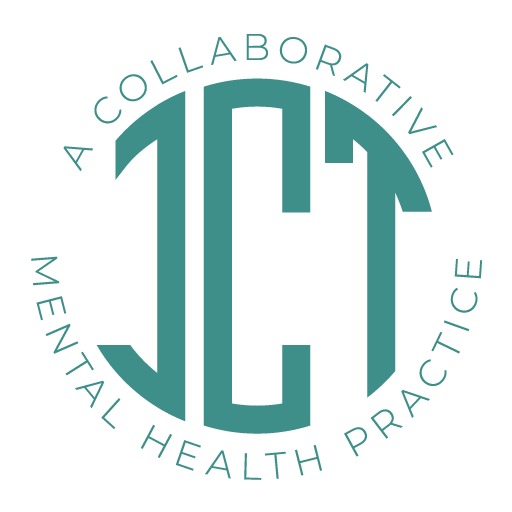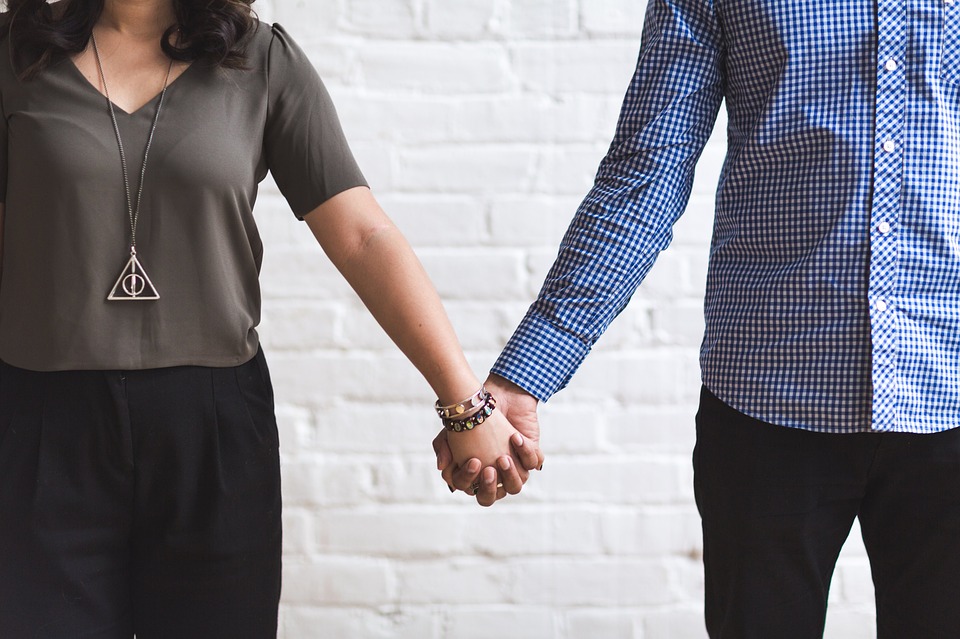Staying in an unhealthy relationship may be out of sense of duty or obligation or maybe because you took a vow, you are married and it is until death do you part. Maybe you stay in an unhealthy relationship because you don’t view the interactions, the communication in the relationship to be unhealthy. This blog will attempt to give some insight into understanding reasons why one might choose to stay in an unhealthy relationship or at the very least provide you with some information that can get you reflecting on the relationships in your life.

An unhealthy relationship has no gender boundaries. I believe unhealthy relationships are not limited to intimate or romantic relationships. Sometimes we continue to engage with others despite feeling dissatisfied with the interactions or even downright bad about ourselves after we have spent time with the other person.
Unhealthy relationships can lure us in. These relationships can feel like they are the right thing or that we can’t live without the other person. But in reality they can hide red flags that should be alarming us to question the relationship.
An unhealthy relationship takes away your happiness or leaves you feeling tired and drained after the interaction. The relationship can teach you that your opinion, thoughts and/or feelings don’t matter and are not worth pursuing – because you don’t matter. There are more subtle examples such as not respecting your time or undermining your hopes and goals. This will drain you of your sense of self-worth and slowly wear down any sense of self-esteem you have.
In an unhealthy relationship you may:
- lack a sense of security in the relationship
- not like who you are or who you become when you are with the other person
- feel like your emotions aren’t validated; that you can’t talk about how you feel
- worry when you don’t agree with the other person
As a psychotherapist we often dig deep into understanding early caregiver relationships as a way to begin to understanding why we sometimes stay in relationships that are unhealthy for us. And know this, you are not alone in staying in an unhealthy relationship.
Dr. Julie Hanks licensed clinical social worker and psychotherapist writes in her book about assertiveness about family relationships and understanding how early caregiver relationships become a template for future relationships. For example, if in your family, you learned what it was you had to do in order to get approval from another person was to go out of your way and do things to please the other person, this would be an example of how an early caregiver relationship sets the stage for future relationships. It is intuitive, like an instinct in order to get your needs met. A young person learning how to get the approval of others not by being yourself, who you are but learning to do what got a response from the other person (essentially doing what they wanted you to do) begins to form a behaviour.
This behaviour then becomes a natural way of interacting with others and develops stronger in future relationships if we are not aware of what was happening early on.
This is the idea behind early caregiver relationships being templates for future relationships. You will also notice how an unhealthy relationship has no gender boundaries and is not limited to intimate or romantic relationships. The early caregiver relationships do not distinguish the people in the relationship as unhealthy, it informs the future behaviour. This is the pattern that develops and can lead us towards entering into the unhealthy relationship in the first place. It just naturally feels right, familiar and exactly why unhealthy relationships can lure us in.
Being open to exploring your past is helpful to understanding yourself better and why you may choose to stay in a relationship that hurts or is unhealthy for you. Understanding your early caregiver relationships help to inform us to understand our interactions with others both how and why we do what we do. Being more informed about our actions and behaviour ultimately allows us to know ourselves better and feel more in control of our lives and most importantly, who we choose to share it with.
–Julie

